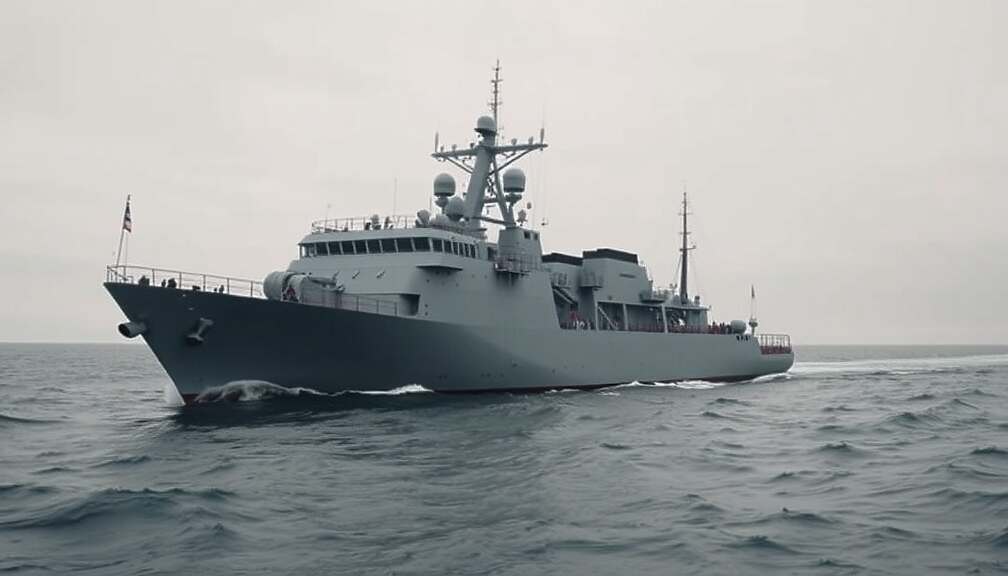The German Bundestag has approved the continuation of armed forces deployments in several Mediterranean operations, a decision drawing scrutiny over its effectiveness and potential geopolitical implications. Thursday’s vote saw a significant majority – 315 parliamentarians – endorse the extension of participation in the European Union-led Mediterranean operation EUNAVFOR Med Irini, while 182 voted against and 69 abstained. A similar extension for the NATO-led “Sea Guardian” mission garnered 388 votes in favor, with 169 opposed and three abstentions.
Both mandates are now extended for a further year, maintaining Germany’s presence in a region characterized by instability and complex power dynamics. EUNAVFOR Med Irini is ostensibly tasked with enforcing the United Nations arms embargo against Libya and contributing to the disruption of human smuggling and illegal oil exports. German forces within the operation fulfill roles including maritime surveillance and reconnaissance, with a contingent of up to 300 soldiers currently deployed.
Government justifications for the renewal cite ongoing violations of the UN arms embargo, with persistent flows of weapons, equipment and fighters reaching actors on both the eastern and western sides of Libya. This directly contradicts the 2020 ceasefire agreement and highlights the continued presence of foreign fighters, forces and mercenaries within the conflict zone – a point that critics argue renders the operation’s impact questionable.
The extension of the “Sea Guardian” mission, allowing for up to 550 German soldiers to be deployed, is similarly facing skepticism. Designated to provide maritime surveillance, intelligence sharing, counter-terrorism measures and restrictions on arms smuggling, the mission’s overall contribution is increasingly debated in light of the region’s continued upheaval. Opposition voices within parliament have questioned the efficacy of deploying significant German resources without demonstrable progress towards a sustainable political resolution in Libya and the wider Mediterranean region. Concerns have been raised about the potential for German involvement to exacerbate tensions and contribute to a prolonged state of instability, while failing to address the root causes of the crises. The decision reflects a continued commitment to European and NATO security initiatives, but also underscores the challenges in achieving tangible results within politically volatile environments.












